On the afternoon of July 15, Deputy Prime Minister Tran Hong Ha received a delegation of ministers and senior agricultural officials from several African and Asian countries attending the High-Level Regional Experience Exchange Forum on the One Commune One Product (OCOP) model, jointly organized by the Vietnamese Ministry of Agriculture and Environment and the Food and Agriculture Organization of the United Nations (FAO).
Deputy Prime Minister Tran Hong Ha affirmed that Vietnam is ready to share resources, human resources, science and technology with countries with similar climate and soil conditions to develop OCOP products and sustainable agriculture - Photo: VGP/Minh Khoi |
The forum was attended by agriculture ministers and senior officials from Bhutan, Cameroon, Ivory Coast, Democratic Republic of Congo, Gabon, Ghana, Ethiopia, Lesotho, Malawi, Mozambique, Nepal, Sierra Leone, South Sudan, Tunisia, Zambia and Zimbabwe.
The Deputy Prime Minister highly appreciated the support of FAO and international partners for Vietnam to host the Forum in the context of the international situation facing many fluctuations, potential risks and challenges, especially when the global supply chain is negatively impacted.
Vietnam hopes that the Forum will become a space for sharing experiences of success and failure, and especially reaching a common understanding in the context of more than 800 million people in the world facing hunger. Not to mention the issue of quality or nutrition, there are currently 2.8 billion people who cannot afford a healthy diet, while the world is facing the double burden of malnutrition and obesity.
According to the Deputy Prime Minister, the biggest challenge today is the capacity to respond to shocks from war, natural disasters, epidemics, recessions, etc.; as well as the responsibility of countries in ensuring their own food security, while contributing to ensuring global food security through forms such as export.
Countries need to raise awareness, unite, and act together to produce more, better, and higher quality food, meeting the "four goods" standards set forth by the FAO (good production, good nutrition, good environment, and good life).
Deputy Prime Minister Tran Hong Ha welcomed ministers and senior agricultural officials from several African and Asian countries to attend the High-Level Regional Experience Exchange Forum on the One Commune One Product (OCOP) model - Photo: VGP/Minh Khoi |
The Deputy Prime Minister said that ensuring food security should be understood as an integral part of the food and nutrition security chain, helping countries take control of their development policies. In addition, there should be a division of labor and connection between countries in promoting comparative advantages in different types of food. The Government's regulatory participation in free trade activities related to food to protect the vulnerable, children, and developing countries.
Approaching food security also needs to be based on a sustainable production system, and specific support policies to increase productivity, improve farmers' livelihoods, and ensure production efficiency. "In Vietnam, where 60% of the population lives in rural areas and the majority of them work in agriculture, this is even more vital."
In the context of low agricultural production costs, without support from the state, the agricultural sector will face the risk of poverty, backwardness and low labor productivity. This not only affects economic growth but also weakens the foundation of social stability and national security. Therefore, countries need to aim to form an effective agricultural market, with high-quality products at reasonable prices, so that the agricultural sector can develop sustainably.
Deputy Prime Minister Tran Hong Ha said one of the highlights of the OCOP Program in Vietnam is that it is always associated with new rural construction and poverty reduction, with state budget support, knowledge improvement, and rural modernization - Photo: VGP/Minh Khoi |
The Deputy Prime Minister shared with ministers and senior agricultural officials that one of the highlights of the OCOP Program in Vietnam is that it is always associated with new rural construction and poverty reduction, with state budget support, knowledge improvement, and rural modernization.
Currently, Vietnam has more than 16,000 OCOP products, ranked from 1 to 4 stars. The government is aiming to raise the brand and standardize these products to reach 5 stars, reaching the international market, contributing to the implementation of the sustainable poverty reduction program.
In the OCOP model, farmers are still the key force, but need to connect with businesses and scientists to develop commodity products, transfer technology, new varieties, fertilizers, organic and ecological farming techniques.
Along with OCOP, many rural areas of Vietnam are replicating the model of developing tourism economy from agriculture. "Our farmers are preserving the golden rice fields, roofs, and villages - that is a practical tourism product. They are doing tourism from their own homeland's fields," said the Deputy Prime Minister.
Ms. Beth Bechdol, Deputy Director General of FAO, highly appreciated Vietnam's outstanding success in agricultural development - especially the OCOP program - Photo: VGP/Minh Khoi |
Thanking the Deputy Prime Minister for taking the time to meet her, Ms. Beth Bechdol, Deputy Director General of FAO, highly appreciated Vietnam's outstanding success in agricultural development - especially the OCOP program. This initiative not only helps diversify local agricultural products, improve quality, standardize and develop markets, but also opens up opportunities for other countries to learn, share and cooperate.
The program not only promotes the rural economy but also integrates cultural values and indigenous knowledge, bringing broad social benefits, especially in empowering women, youth and people in remote areas.
Vietnam not only focuses on agricultural production and trade, but also integrates the OCOP program with cultural values and indigenous knowledge, bringing broad social benefits to the community. This success inspires many countries facing challenges in food security, climate change and rural development.
Based on Vietnam's experience, FAO commits to continue to accompany, expand dialogue and deeper cooperation, making OCOP a global initiative, contributing to the common effort for an innovative, humane and sustainable agriculture.
The opinions also affirmed the spirit of open cooperation and sharing of experiences between countries in agricultural production, food security and nutrition, in the context that many countries are facing serious challenges in terms of agricultural land area, conflicts with wildlife, climate change and economic security.
Deputy Prime Minister Tran Hong Ha and delegates at the reception - Photo: VGP/Minh Khoi |
Deputy Prime Minister Tran Hong Ha emphasized the importance of building a coordination mechanism after the Forum ends between Vietnam, FAO and participating countries to turn commitments into practical actions.
"The most important thing after the forum is what to do and how to realize the initiatives that have been raised," said the Deputy Prime Minister, suggesting that FAO play the role of an intermediary, coordinating and promoting cooperation between countries, together selecting high-quality agricultural products that can compete, support each other and supply the regional market.
The Deputy Prime Minister affirmed that Vietnam is ready to share resources, human resources, science and technology with countries with similar climate and soil conditions to develop OCOP products and sustainable agriculture; he hoped that FAO and other countries would join hands to build a common initiative, linked with the commitment of high-ranking leaders, to ensure that all people - especially farmers - can benefit substantially from international cooperation in agriculture.
The Deputy Prime Minister also shared information about the program to plant 1 million hectares of low-emission rice, which helps increase productivity, save costs, reduce CO₂ emissions and create new sources of income from carbon credits, as well as experience in producing specialty rice varieties to ensure high quality and good income for farmers. In that spirit, the Deputy Prime Minister called on FAO and the countries attending the Forum to sign an agreement, committing to share markets, transfer the best food products, and support each other on the basis of practical cooperation, focusing on farmers.
According to Minh Khoi/ Chinhphu.vn
Source: https://baovinhlong.com.vn/kinh-te/202507/dua-ocop-tro-thanh-mot-sang-kien-toan-cau-3191673/




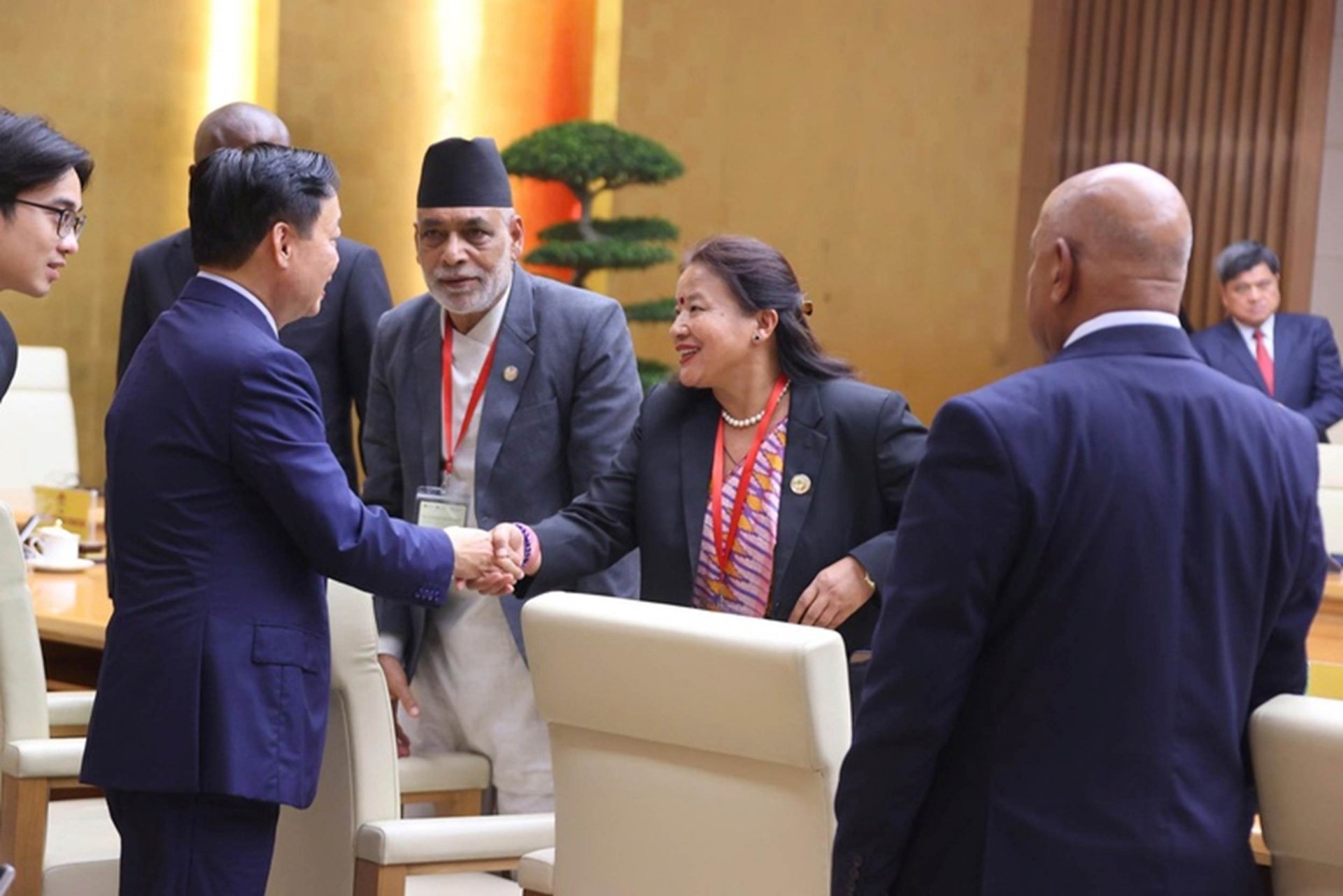
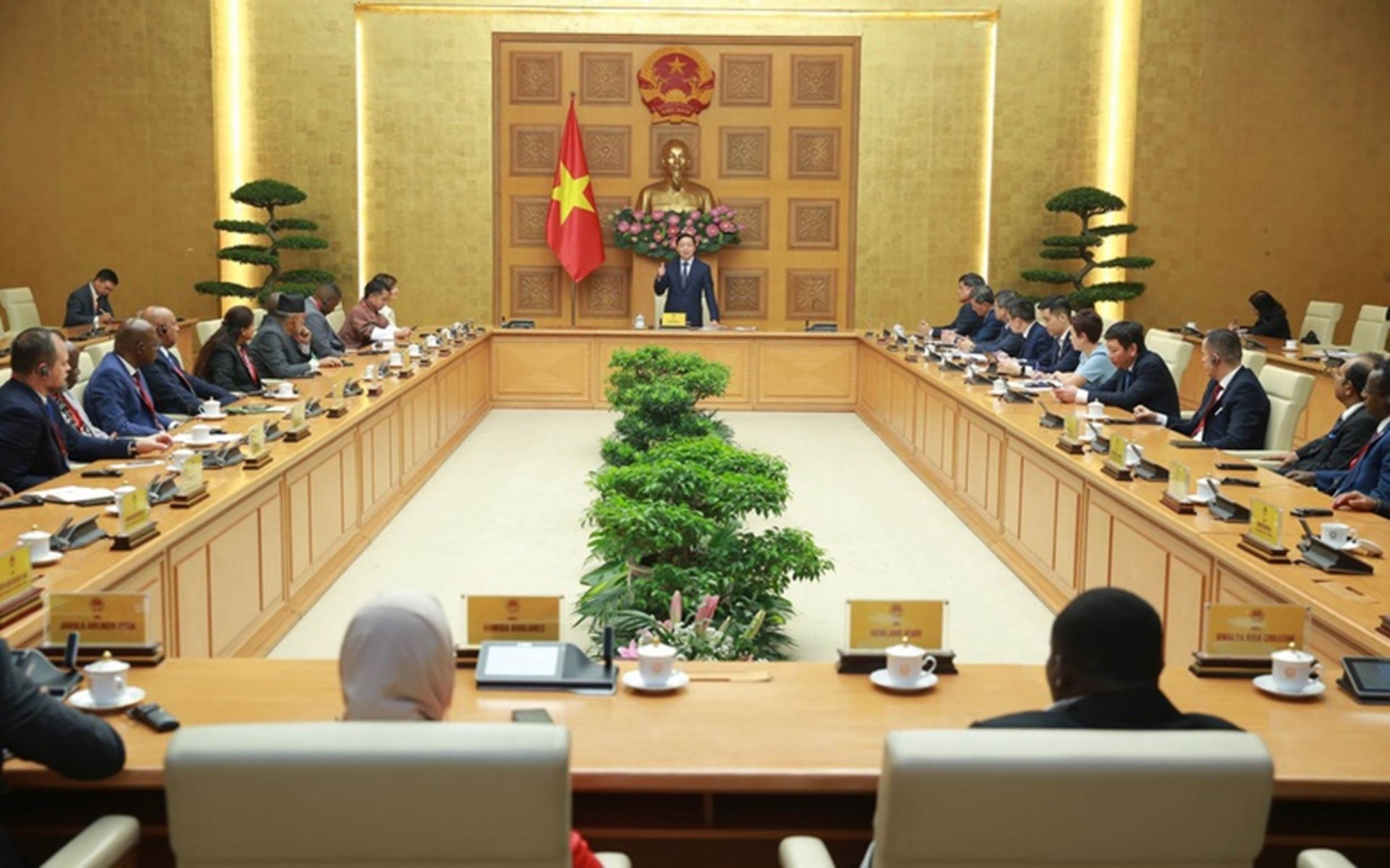
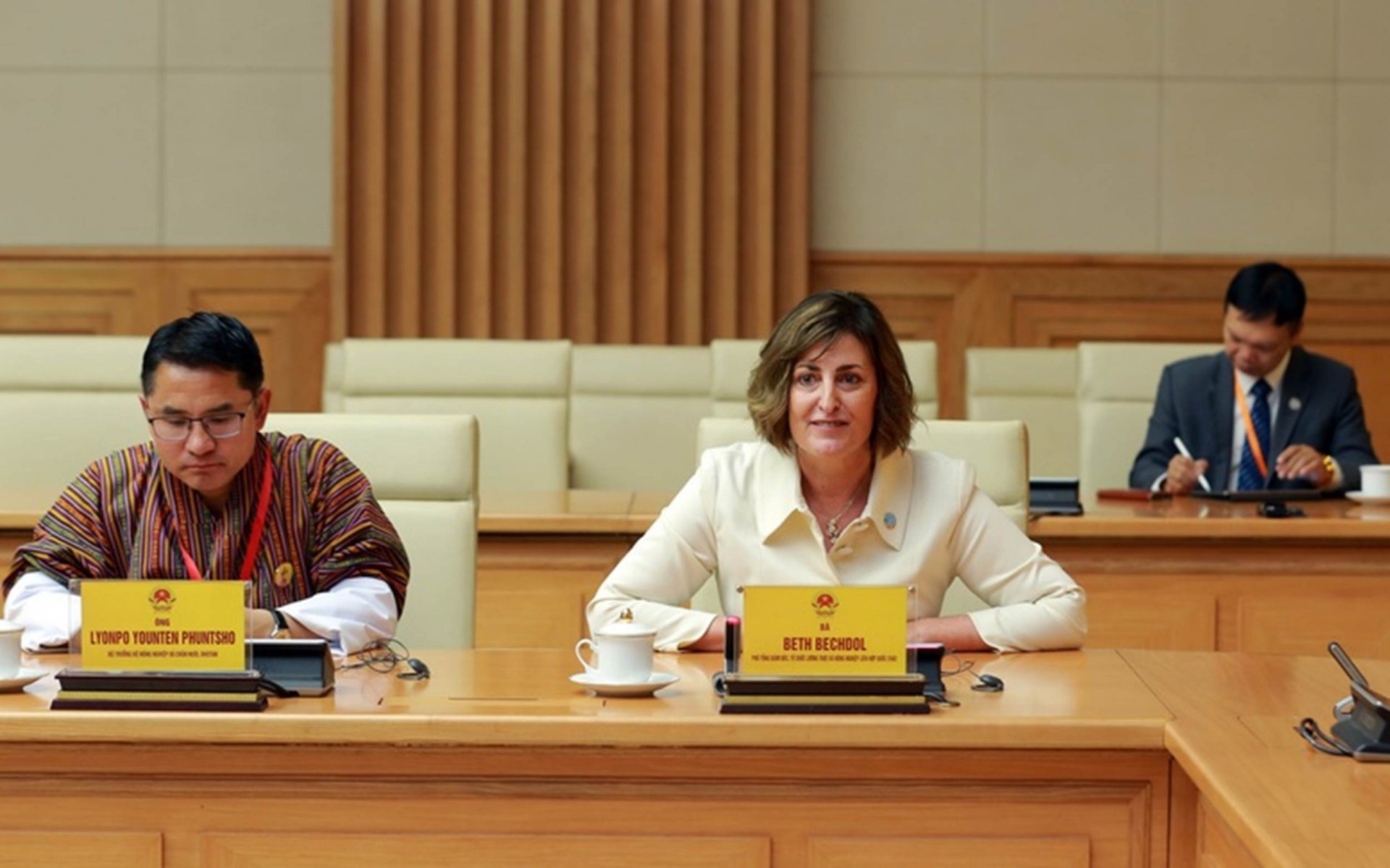
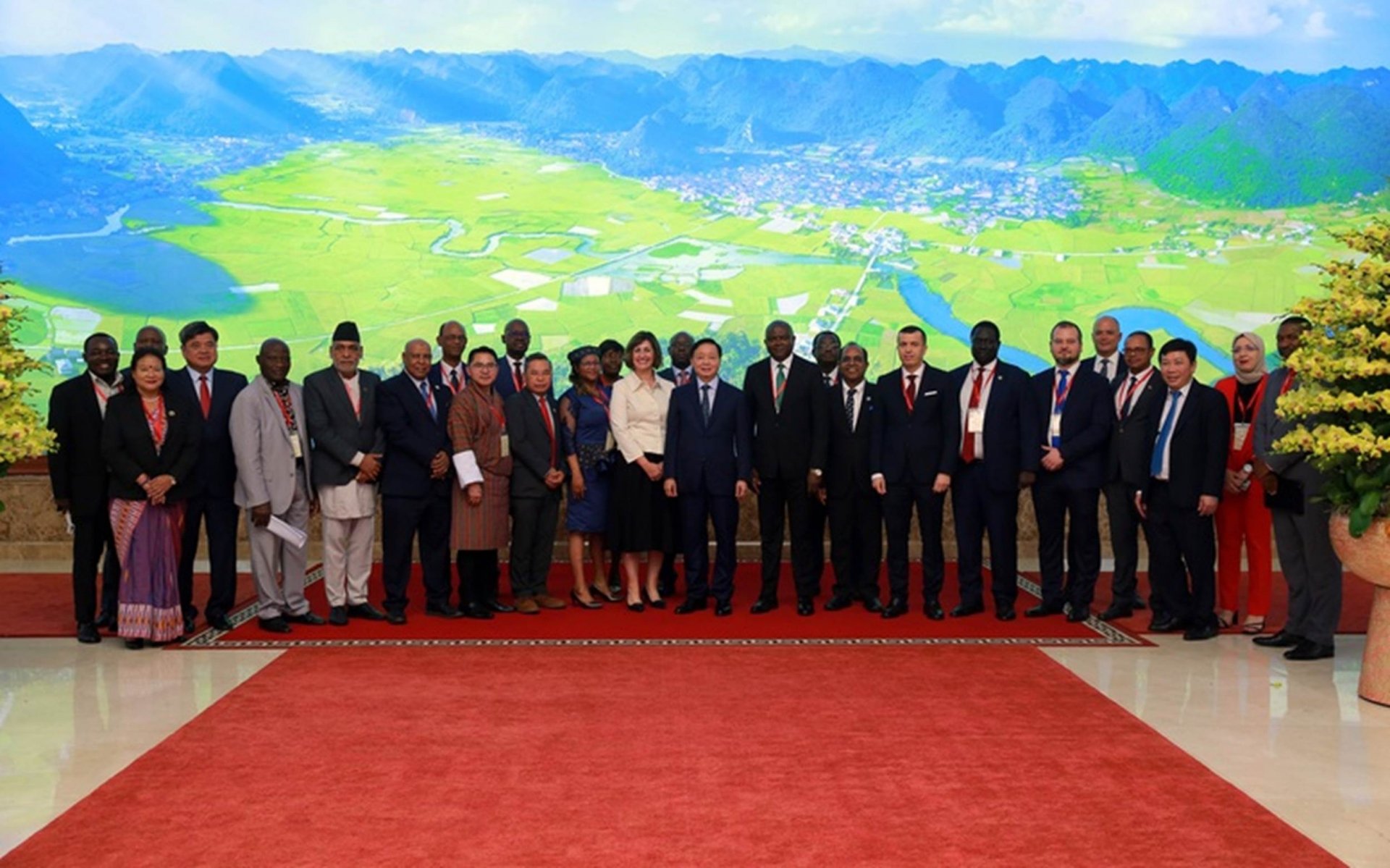



![[Photo] Prime Minister begins trip to attend SCO Summit 2025 in China](https://vphoto.vietnam.vn/thumb/1200x675/vietnam/resource/IMAGE/2025/8/31/054128fff4b94a42811f22b249388d4f)
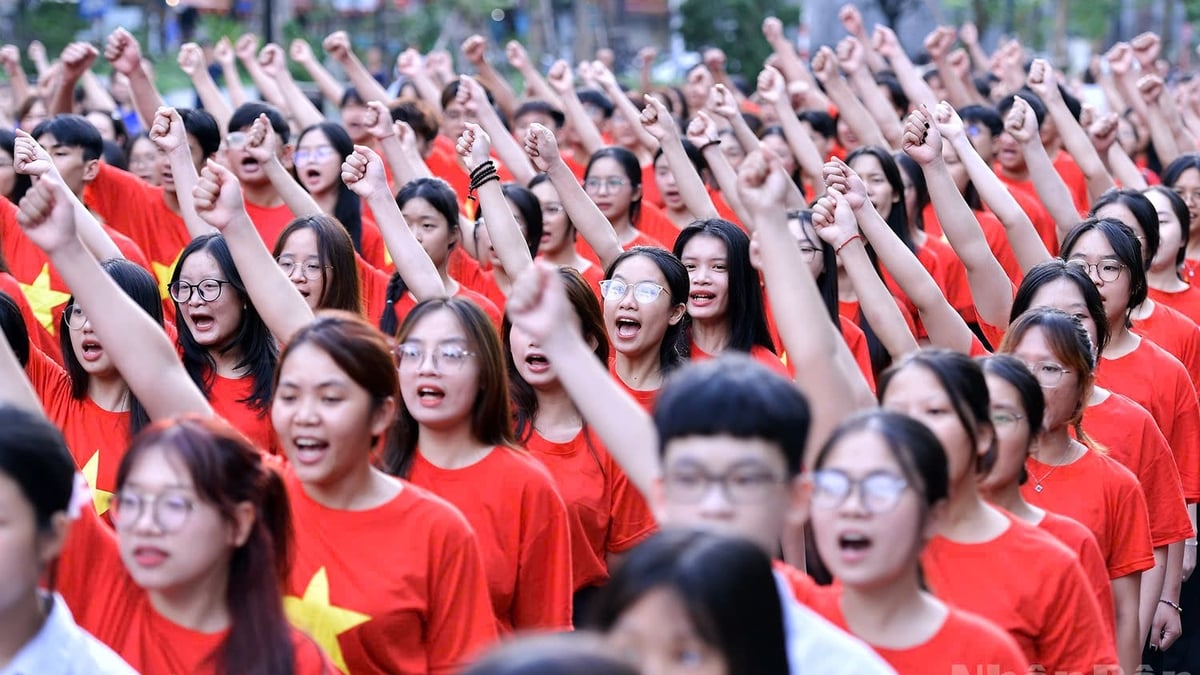
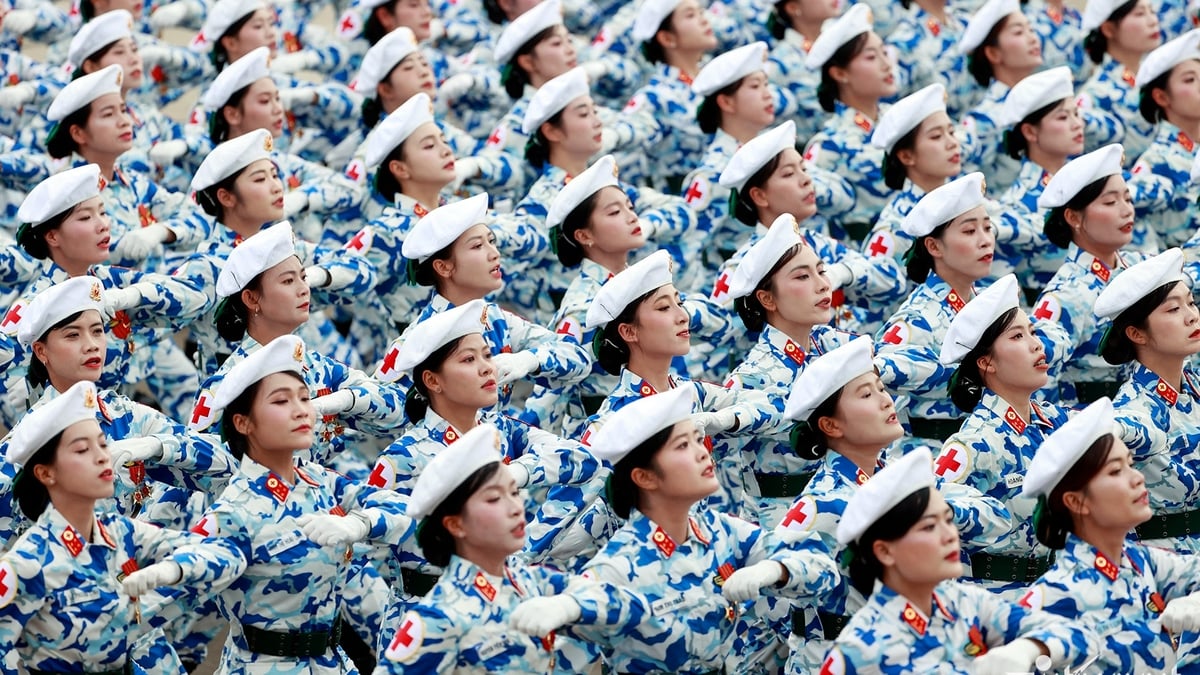
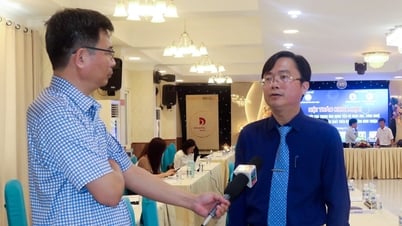

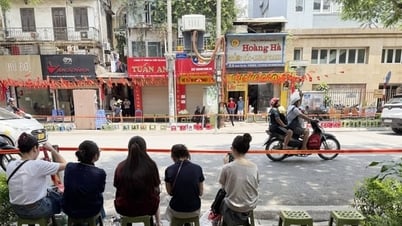

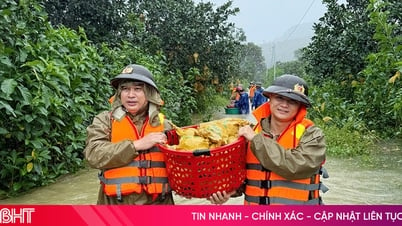

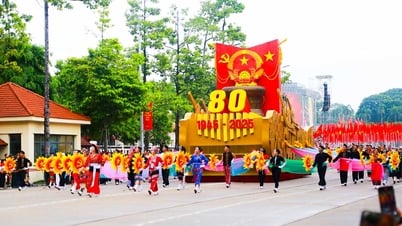


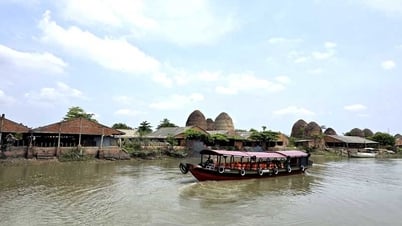







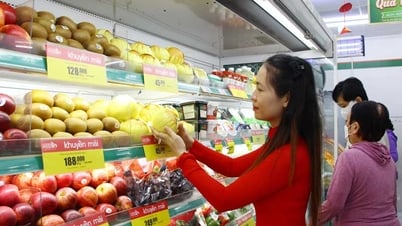
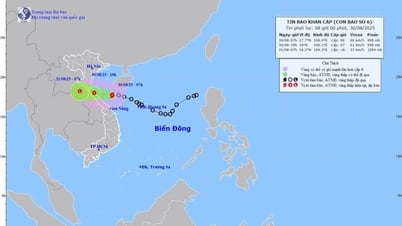
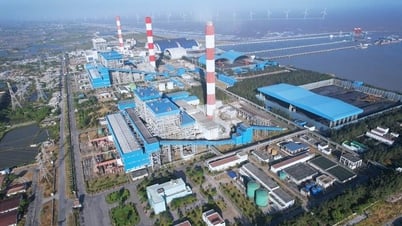
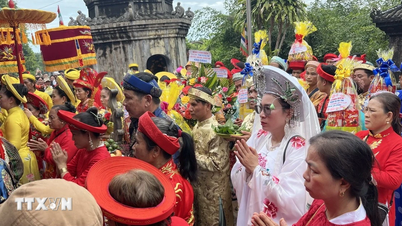

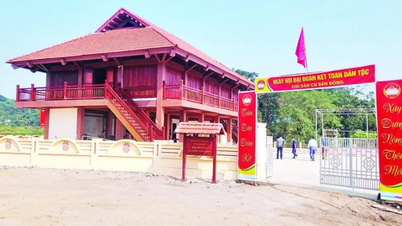








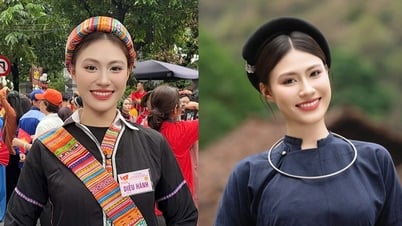

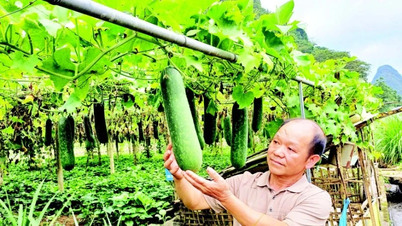





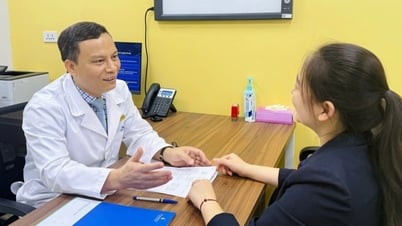
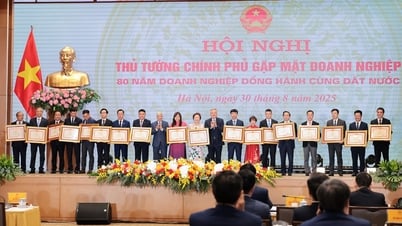
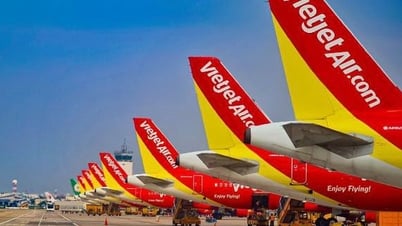



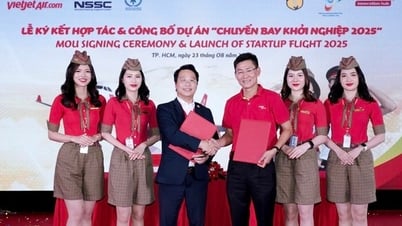

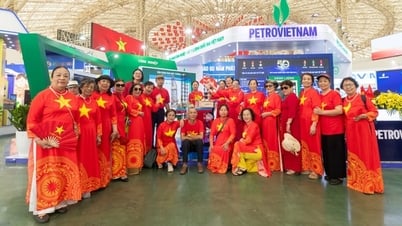
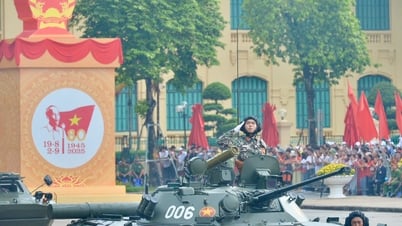





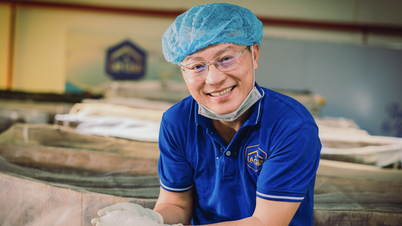


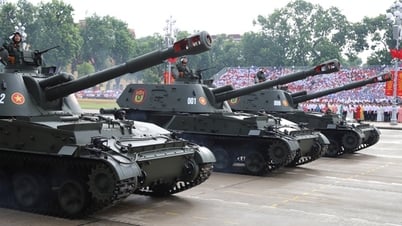


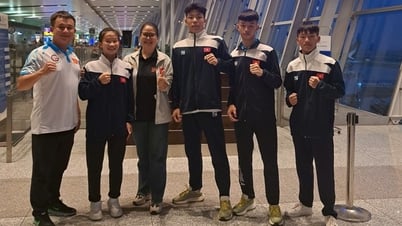
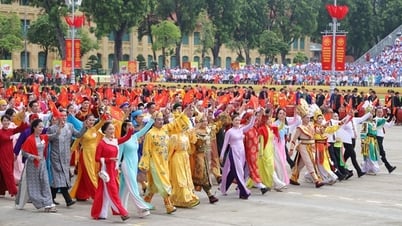
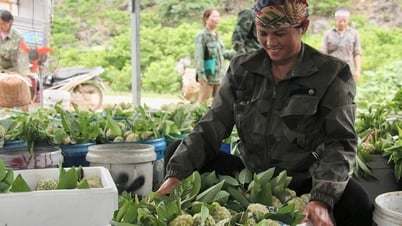



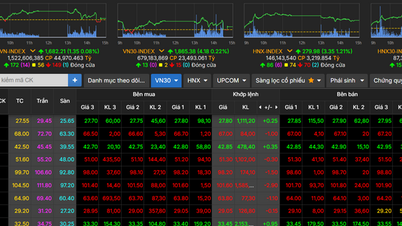
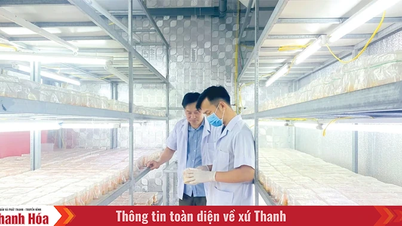

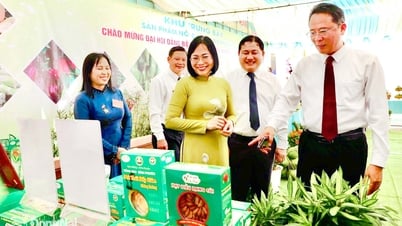

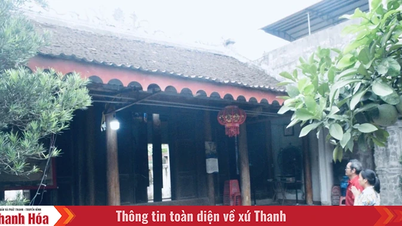


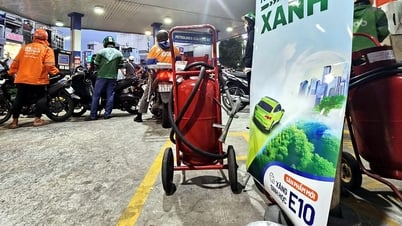
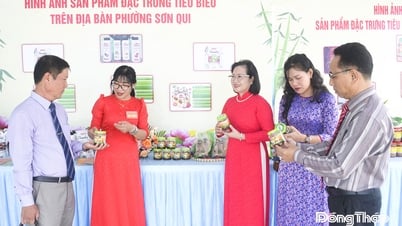








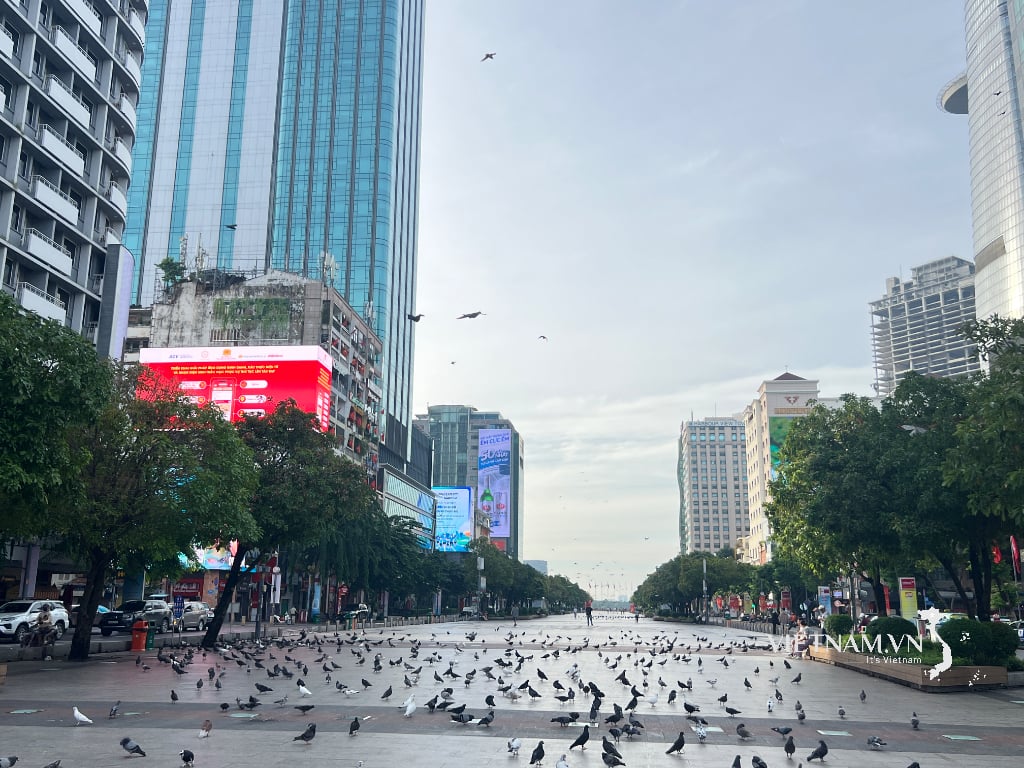



Comment (0)